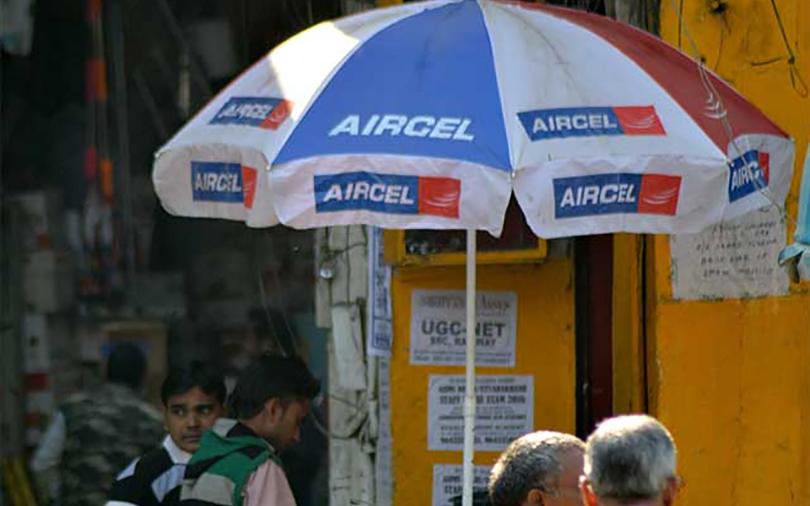The National Company Law Tribunal has set aside the objection raised by Ericsson India Pvt. Ltd, an operational creditor to Reliance Communications Ltd (RCom), to the proposed merger of the Anil Ambani-controlled firm with Aircel Ltd.
The merger plan has already received approvals from capital market regulator the Securities and Exchange Board of India (SEBI), anti-trust regulator Competition Commission of India (CCI) and stock exchanges BSE and NSE.
When the telecom companies approached NCLT, seeking its approval for the merger as per New Companies Act, 2013, Ericsson had raised an objection as an operational creditor. The creditor argued that a meeting needs to be convened to discuss the proposed merger before it is taken up by the tribunal.
Senior counsel Janak Dwarkadas, who is representing RCom, argued that a meeting of creditors was not required since none of the objecting parties had the requisite majority of 5% (of total debt) needed in order to be notified before the petition gets admitted.
As per the law, only those who own 5% of total debt or 10% shares can oppose a merger or demerger plan.
An NCLT bench comprising justice BSV Prakash Kumar and member V Nallasenapathy on Monday admitted the merger petition filed by RCom and Aircel and dismissed Ericsson's opposition to the merger. The tribunal will hear the matter on September 13.
Billionaire Anil Ambani-owned RCom and Aircel’s promoter Maxis Communications Berhad (MCB) had agreed to merge their telecom businesses in September last year. The combined entity will have assets of Rs 65,000 crore ($9.7 billion) and net worth of Rs 35,000 crore ($5.2 billion).
However, ever since the merger was announced, RCom and Aircel have been facing objections from creditors and regulators.
In the beginning of the month, the department of telecommunications (DoT) objected the merger, arguing that the parties would need a clearance from the Supreme Court before it approves the deal. DoT said the apex court had restrained Aircel from selling and trading 2G spectrum allotted to it in 2006 in a 6 January order.
In addition, two tower companies—Bharti Infratel Ltd and Indus Towers Ltd—opposed the merger as they wanted to know how the Ambani-controlled firm plans to clear its dues if the merger sails through.
China Development Bank (CDB), which has an exposure of over $1 billion to RCom and other lenders, including Standard Chartered Bank and HSBC Daisy Investments Ltd, also objected to the transaction.
However, RCom and Aircel convinced the objecting firms—except Ericsson—to withdraw their opposition to the merger plan. With NCLT dismissing the objection raised by Ericsson too, the merger is now expected to sail through.
While announcing the proposed merger, the companies said that the deal will create India’s fourth-largest telecom operator by customer base and revenues. The merged entity will have the second-largest spectrum holding among all operators, aggregating 448 MHz across 850, 900, 1800 and 2100 MHz bands.
“Together with our partner MCB, we are delighted to have taken the lead in consolidation of the Indian telecom sector, first, with RCom’s acquisition of the wireless business of Sistema Shyam Teleservices Ltd, and now, with the combination of our business with Aircel in a 50:50 joint venture with MCB,†Reliance Group chairman Anil Ambani had said.
The RCom-Aircel deal is the second consolidation move in the telecom sector since the entry of Mukesh Ambani’s telecom venture Reliance Jio in August 2016.
In the beginning of the year, Vodafone Group Plc’s India unit and Aditya Birla Group company Idea Cellular Ltd had decided to merge in a transaction that will create the country’s biggest telecom operator, valued at $23.2 billion. The merger has already got the approval from CCI.







